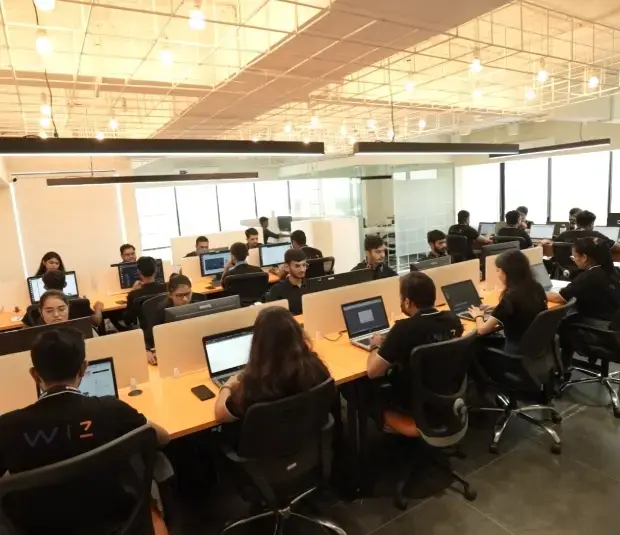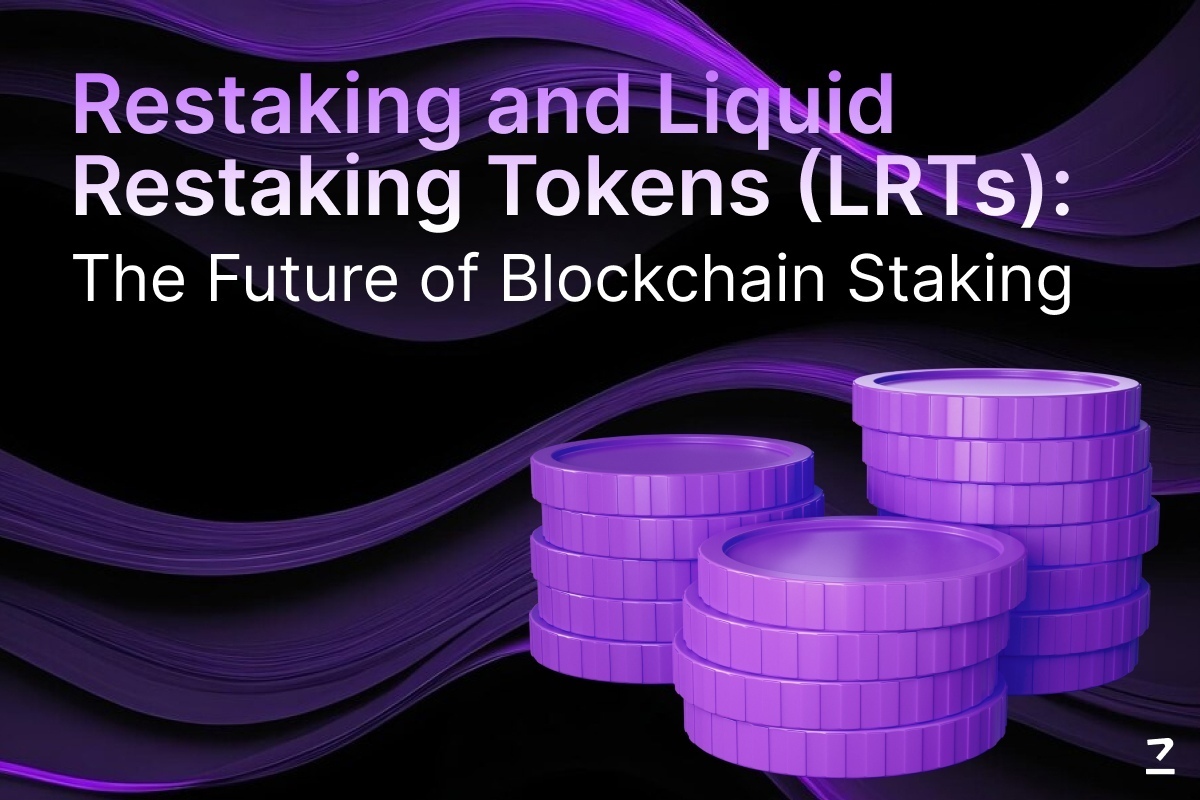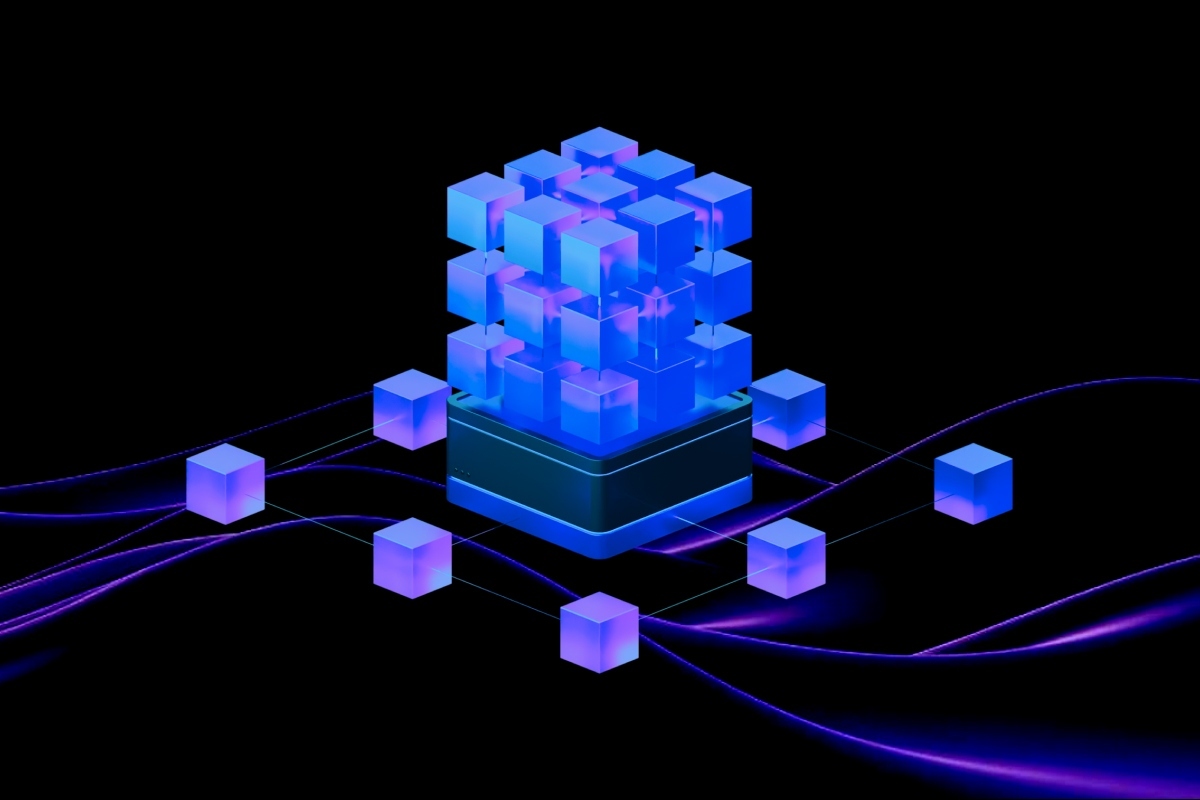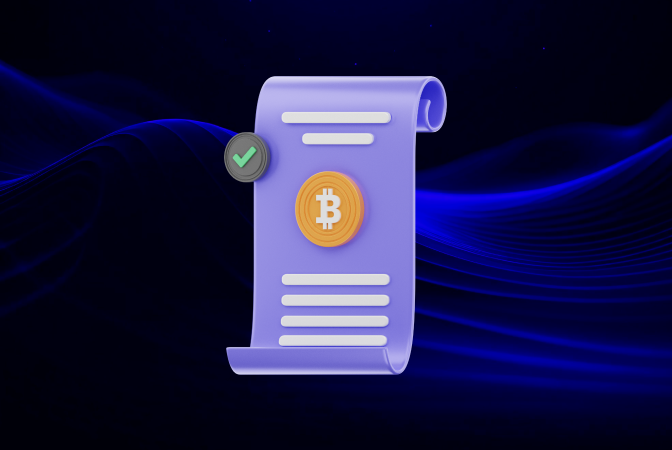SHARE THIS ARTICLE
RWA Tokenization in 2025: How Blockchain is Unlocking Real-World Asset Liquidity
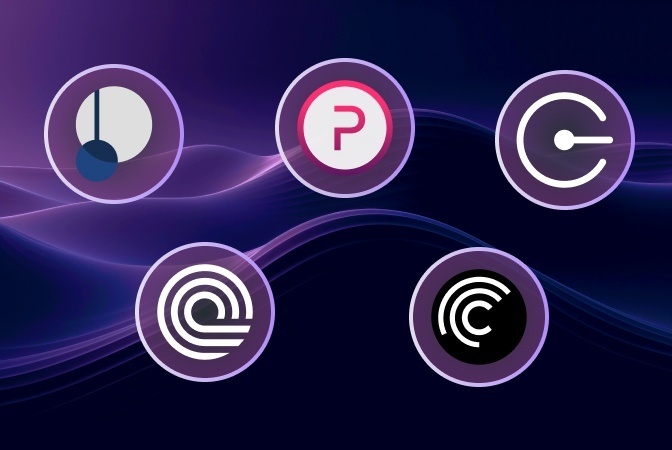
Imagine being able to own a fraction of a billion-dollar real estate portfolio with just $100. Sounds impossible? Not anymore. RWA tokenization is making it happen, breaking down barriers that kept high-value assets exclusive to the wealthy and big institutions.
What is RWA Tokenization? At its core, RWA tokenization is about converting real-world assets—like real estate, bonds, or even commodities—into blockchain-based tokens. This means you don’t need millions to invest in prime assets anymore; you can own a fraction of them digitally and trade them whenever you want. No intermediaries, no unnecessary delays—just direct access to opportunities that were previously out of reach.
Why is Everyone Talking About It? Big names like BlackRock, JP Morgan, and HSBC are diving into tokenization because they see its potential to change how we invest and trade assets. It’s not just crypto enthusiasts getting excited—traditional finance is finally embracing blockchain in a big way.
Regulators are catching up too. The SEC (U.S.), MiCA (Europe), and UAE regulators are actively working on rules to make RWA tokenization legally sound and mainstream. This kind of regulatory clarity makes big investors comfortable, meaning more adoption is on the way.
And here’s the real kicker: a Citi report estimates that tokenized RWAs could be a $16 trillion market by 2030. That’s not just speculation—that’s the direction finance is heading.
Why It Matters for You
For businesses, tokenization unlocks new funding sources, makes transactions faster, and cuts out unnecessary middlemen. For investors, it opens doors to assets that were once out of reach. Whether it’s fractional ownership of real estate, tokenized government bonds, or even gold-backed tokens, the possibilities are growing fast.
Thinking about tokenizing assets? Codezeros can help. Let’s talk!
What is RWA Tokenization & How Does It Work?
RWA tokenization is a simple concept with a big impact. It’s the process of converting physical or financial assets—like real estate, bonds, or commodities—into digital tokens on a blockchain. These tokens represent ownership or a share in the asset and can be bought, sold, or traded just like cryptocurrencies.
Step-by-Step Breakdown of the Tokenization Process
- Asset Selection – The first step is deciding which assets to tokenize. This could be real estate, corporate bonds, fine art, commodities, or even invoices. Not every asset makes sense for tokenization, so the key is choosing assets with demand and tradability.
- Legal Structuring & Compliance – Tokenizing an asset isn’t just about putting it on the blockchain. Legal and regulatory frameworks must be followed to ensure ownership rights are valid and enforceable. Different jurisdictions have different rules, so this step is crucial to avoid legal hurdles later.
- Smart Contract Deployment – Once the legal groundwork is set, smart contracts are created to automate ownership transfers, dividend payouts, and compliance rules. These contracts make sure that transactions happen securely and transparently without the need for third parties.
- On-Chain Trading & Liquidity Management – After tokenization, assets can be traded on blockchain platforms or integrated into DeFi protocols. This allows for instant transactions, reduces settlement times, and provides liquidity to traditionally illiquid markets.
- Investor Access & Secondary Market Trading – Tokenized assets can be sold in fractions, making high-value investments accessible to more people. Instead of needing millions to invest in real estate or bonds, investors can buy smaller shares and trade them on secondary markets.
With these steps, real-world asset tokenization is bringing traditional finance closer to blockchain technology, making investments easier, more accessible, and more efficient for businesses and investors alike.
Why Businesses & Investors Are Flocking to RWA Tokenization
RWA tokenization is solving real problems for businesses and investors. Whether you're looking to raise capital, cut costs, or get access to better investment opportunities, tokenized assets are changing the way people think about finance.
For Businesses:
Sell pieces of traditionally illiquid assets like real estate or bonds to a wider range of investors.
Cut down on middlemen and reduce transaction costs, making deals faster and cheaper.
Tap into a global pool of investors instead of relying on limited local networks.
For Investors:
Buy fractional shares of assets that were previously out of reach, like commercial buildings or private equity.
Diversify your portfolio by getting exposure to real estate, corporate bonds, or commodities through blockchain.
Use tokenized RWAs as collateral in DeFi lending, allowing you to borrow against your holdings while keeping your assets in play.
Both businesses and investors are seeing the practical benefits of RWA tokenization. It’s making capital more accessible, reducing friction in transactions, and giving people more control over their investments.
Key Industries Adopting RWA Tokenization
Tokenization isn’t limited to one sector. It’s making an impact across multiple industries, from finance to real estate to commodities. Here’s where it’s making the biggest difference:
Institutional Finance – Major players like BlackRock and JP Morgan are already using tokenization for treasuries, making financial assets more liquid and accessible. This shift is bringing blockchain technology closer to traditional banking and investment firms.
Real Estate – Tokenized real estate allows investors to buy fractional ownership in commercial and residential properties. Instead of needing large sums of money, investors can buy a share in high-value properties, making real estate investment more accessible.
Commodities – Gold, oil, and other natural resources are being tokenized, making it easier to trade and invest in these assets digitally. This also helps in reducing costs associated with traditional commodity trading.
Supply Chain & Trade Finance – Businesses are using tokenization to track invoices, logistics, and trade transactions on the blockchain. This makes supply chain operations more transparent and efficient while cutting down on paperwork and processing time.
Each of these industries is finding ways to integrate tokenization into their existing models, showing that blockchain is more than just a trend—it’s a practical tool for modern finance and trade.
Challenges & Risks in RWA Tokenization
While RWA tokenization is gaining traction, it’s not without its hurdles. Here are some key challenges that businesses and investors need to consider:
Regulatory Uncertainty
Tokenized securities fall into a grey area in many jurisdictions. While some regulators are setting clearer rules, others are still figuring out how to classify and oversee these assets. This uncertainty makes compliance tricky for businesses looking to tokenize assets.
Liquidity & Market Adoption
Tokenized assets need active secondary markets to stay valuable. Without enough buyers and sellers, liquidity can be a major issue, limiting how easily investors can trade their holdings.
Custody & Security
Storing tokenized assets safely is a major concern. If a platform is hacked or private keys are lost, ownership rights could be at risk. Businesses need solid security measures to protect these digital assets.
Interoperability & Cross-Chain Solutions
Many tokenized assets are built on different blockchains, making it hard for them to work together. Connecting RWAs across platforms is a technical challenge that needs better solutions to improve usability.
How Codezeros is Enabling RWA Tokenization
At Codezeros, we help businesses tokenize real-world assets with blockchain development services designed for real use cases.
- Smart Contract Development – We create secure and efficient smart contracts for asset-backed tokens, automating ownership transfers and compliance requirements.
- Compliance & Security Auditing – Our team works with regulatory frameworks to ensure tokenized assets meet industry standards and security measures.
- Consulting for DeFi & Secondary Markets – We help businesses integrate RWAs with DeFi platforms and secondary markets, making trading and liquidity management easier.
- Proven Experience – We’ve worked with companies across multiple industries to structure and deploy tokenized assets on blockchain networks.
Want to tokenize assets? Let’s build together—contact us!
Future of RWA Tokenization: What’s Next?
The future of RWA tokenization isn’t just about growth—it’s about real adoption across industries. Institutional players are doubling down on tokenized assets, and the next few years will define how this space matures.
More Institutions Will Get Involved
Banks, asset managers, and financial institutions are moving beyond pilot projects and actively integrating tokenized assets into their portfolios. Expect more large-scale funds and investment firms to follow suit.
Cross-Chain RWA Trading Will Become Standard
Right now, most tokenized assets operate within specific blockchain ecosystems. The next step is building cross-chain solutions that let these assets move across different networks, increasing liquidity and market participation.
AI Will Play a Bigger Role
AI-powered automation will make it easier to tokenize assets by optimizing legal verification, compliance, and risk assessment. Smart contracts will become more intelligent, reducing the need for manual intervention.
Regulatory Clarity Will Attract More Investors
Governments and regulatory bodies are catching up, creating clear rules for tokenized assets. With fewer legal uncertainties, more investors—both institutional and retail—will enter the space.
Essentially, the coming years will define how businesses, investors, and regulators work together to build a more open and efficient financial system.
Why Now Is the Time to Tokenize RWAs
RWA tokenization isn’t a distant concept—it’s happening right now. Businesses and investors who get in early will have the advantage as this space grows. The financial industry is shifting toward tokenized assets, and waiting on the sidelines means missing out on new opportunities.
Institutions are already moving billions into tokenized assets, and as regulations become clearer, the market will only get bigger. Whether you’re a business looking to digitize assets or an investor searching for better access to real-world assets, this is the time to act.
Codezeros specializes in RWA tokenization solutions for enterprises and startups. Book a free consultation today to explore your tokenization strategy!
Post Author
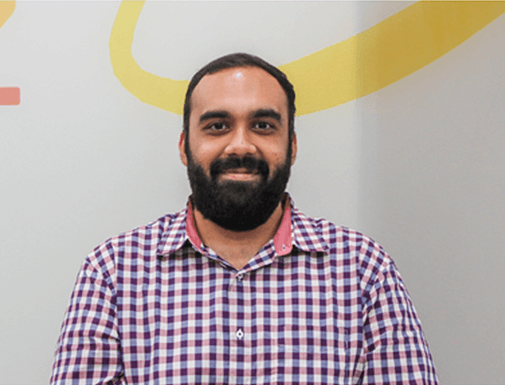
As a distinguished blockchain expert at Codezeros, Paritosh contributes to the company's growth by leveraging his expertise in the field. His forward-thinking mindset and deep industry knowledge position Codezeros at the forefront of blockchain advancements.
Bring real-world assets on-chain with secure tokenization from Codezeros
RWA tokenization bridges traditional finance and DeFi. Codezeros helps enterprises tokenize assets for greater liquidity, fractional ownership, and global access.
